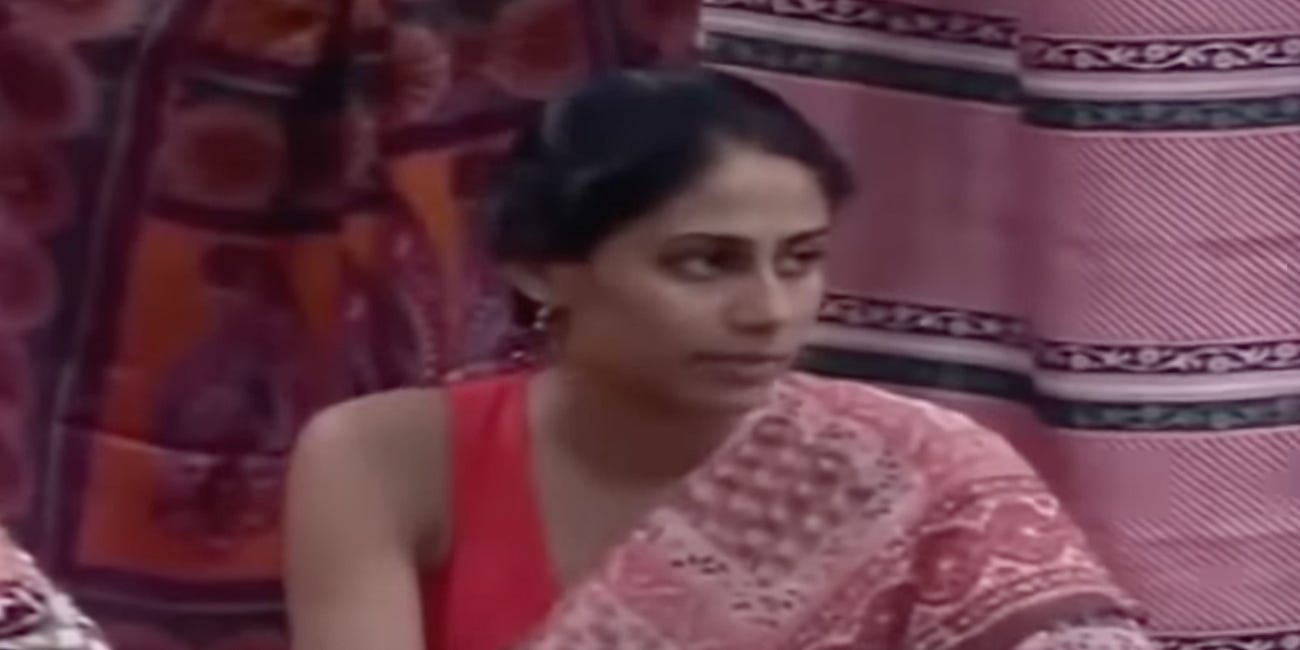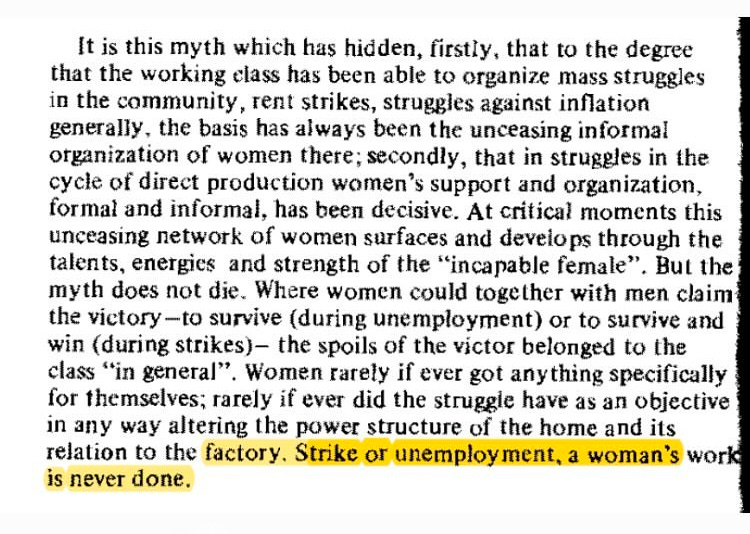Best books 2024
bringing back longform that could be an IG post but is decidedly not in 2025
Hello all and a happy new year. I’ve gotten some new subscribers since my last letter, welcome! Every year I promise myself I will post my fave reads on Substack and every year between the 25th and the 31st of December I procrastinate to the point where a post on IG will have to do. In 2024 though I thought a lot about the complete sensory overload that is Instagram. Looking at Instagram these days honestly just gives me a headache, and so I have decided to push through and actually spend a little more time and care talking about the books I’ve read and loved this year in the hope that some of the readers of this newsletter may pick them up in turn.
FICTION
Dance on the Volcano, Marie Vieux Chauvet
This is a feminist novel about the lead up to the Haitian Revolution, and the place of Haitian women within it. Minette, a free ‘colored’ girl transcends the rigid hierarchies of race and class when she is hired to sing opera at the Theater of Port au Prince. She is hailed as an exceptional talent and is granted conditional permission into social and cultural spaces where others of her race and class are barred. However the seeds of revolution are being sown around her, the island is on the verge of its breaking point, and Minette begins to develop a social and political conscience through interactions with her progressive tutor, the revelation of her own mother’s sexual and racial exploitation, and the thinly veiled insults she must bear even in her relatively privileged position. She joins hands with other free people and slaves to resist the while landholders that profit off the island and their bodies. This is a sweeping, dramatic novel that reads almost like an opera in itself. I particularly loved the characterization of Minette who, despite her talents, refuses her position as an ‘exceptional’ black girl and instead joins forces with others to resist imperial and capitalist oppression.
Brotherless Night, V V Ganeshananthan
In a world where violence begets violence, who is labeled a terrorist? This is the question that Sashi, a bright and ambitious Tamil medical student, navigates throughout the course of this novel. Set in Jaffna, Brotherless Night details the formation of the Tamil Tigers and takes us through their rise to power and eventual decline. Despite her initial hopefulness towards the cause, coupled with the recruitment of two of her brothers, Sashi eventually grows disillusioned with the Tigers once it becomes clear that civilians such as herself and her family are merely collateral damage in the fight between the Sri Lankan government, the Tigers, and eventually the Indian Peacekeeping Forces. How many material and ethical sacrifices must ordinary people such as herself make before they begin to see the liberation promised to them by the Tigers? Sashi joins a group of progressive, feminist detractors who seek to record and detail the historical events of Sri Lanka between 1981-1989. Thus, instead of offering readers an easy answer to these questions of liberation, the novel insists that a correction of state, UN or party sponsored histories is integral to understanding how we can begin to insist on a liberation for all.
Woman at Point Zero, Nawaal El Sadaawi: It was great to return to this novella in 2024. I taught it as part of my Writing as Feminist Praxis workshop at LYWW and have written about its feminist politics of refusal here:
Refusing to Look Away: Notes on Writing Feminist Characters
Hi all! Last month I had the pleasure of facilitating a workshop on writing feminist fiction for the Lums Young Writers Workshop. It was fantastic to meet so many brilliant emerging feminist writers and to engage with their work. We read Nawaal El Sadaawi’s Woman at Point Zero, debated whether or not to make our feminist work more palatable to general a…
Confrontations, Simone Atangana Bekono
I read a lot of fiction in translation this year and consider myself much improved as a result. Sometimes the landscape of contemporary American fiction can…wear me down, but that’s a subject for another newsletter entirely and all I’m trying to say here is that I’m very glad to have read this slim, unapologetic novel set in a juvenile detention center in the Netherlands. Salome is a ‘troubled’ sixteen year old who must serve a six month sentence for a crime nobody believes she did not commit. To ‘atone’ she must sit through torturous sessions with a racist psychologist who probes her about her Cameroonian heritage and contend with the detention center’s violent treatment of the girls it purports to be schooling. The novel is pacey and funny, a little weird in the best way, and Salome is the quintessential no bs girl in a gang of sixteen year olds who is never afraid to say it like it is - an asset to the rest of us.
Mobility, Lydia Kiesling
I’d been meaning to read this novel for ages and eagerly consumed it over Thanksgiving break. Mobility examines the oil and gas industry in the aftermath of the Cold War through the eyes of Bunny, an American diplomat’s daughter who travels through the former USSR with her family in her teens as her father participates in the renegotiation of oil and gas in the region. Bunny eventually ends up working in the oil and gas industry herself as part of the lean in generation of women responsible for giving the industry its PR makeover in the early 2000s. Mobility is a meticulously researched and urgent novel about climate change. I came away having learnt a ton about the historical and economic forces that shape our material realities - my fave kind of fiction - but the novel is also such an impressive study of character, particularly in its characterization of our anti hero, Bunny, as well as the many people who populate her world, both her capitalist overlords and those who insist on working towards a progressive future. Highly recommend, especially if you’re an activist or writer who wants to learn more about the relationship between oil/gas and imperialism.
Sand-catcher, Omar Khalifah
A dark, satirical novel about collective memory and what it means to bear witness. I picked up this book because I’ve spent a lot of the year thinking about ideas of witnessing, and whether this idea of bearing witness is truly a useful way of conceptualizing the work of writing, particularly as the term is being thrown around a lot these days. In Sandcatcher, four young Palestinian journalists at a Jordanian newspaper set out to profile one of the last living witnesses of the Nakba. They are initially enthusiastic about their assignment, congratulating themselves for nobly contributing to the archive of history. However, the old man refuses to speak to them and the journalists become defensive when the ethics of their work and motives are duly questioned. Pressure from the office forces the journalists to continue trying to extract information out of the man. Khalifah skillfully questions this imperative to bear witness by turning the gaze away from the subject of the interview and towards the host of people who stand to profit from the extractive relationship between writer and subject.
NONFICTION
Abolition Geography: Essays Towards Liberation, Ruth Wilson Gilmore: I picked this up in March at Saeed Book Bank in Islamabad and spent most of the next two months enthusiastically recommending it to everyone I spoke to. Abolition Geography is a collection of Gilmore’s essays that span her many, interrelated thematic concerns: the relationship between scholarship and activism, the politics of race and space, prisons, militarism and the ‘anti-state’ state, and organizing for abolition. Throughout, Gilmore emphasizes that, while abolition forms the context and content of struggle, organizing is its form and entreats her readers to “infiltrate what already exists and innovate what doesn’t” From what it means to be a scholar-activist, to how racial capitalism has built the modern city, there’s so much to learn from these brilliant, rousing essays. I know I will be going back to this collection time and time again.
The Point is To Change The World, Selected Writings of Andaiye
Andaiye was a Caribbean feminist and intellectual who worked with the Guyanese socialist party, the WPA (Working People’s Alliance) in its early years. A comrade of Walter Rodney, Andaiye dedicated her life to mobilising Caribbean women. These essays articulate where this politic stems from, revealing how the home, street, state and workplace are all part of an interlocking system of oppression. I loved the essays in which she quite candidly reflects on on missteps that the WPA made in its early years, often to do with the movement’s navigation of race, class, or gender, and found those moments particularly instructive.
This is the Voice of Algeria, Frantz Fanon
This is an excellent essay from Fanon’s A Dying Colonialism. Fanon illustrates how the radio went from being a tool of the oppressor and a symbol of colonialism in Algeria to becoming a tool and symbol of resistance in the Algerian revolution. You can easily find a pdf online, and I recommend to anyone who wants to reflect on strategy and symbolism within progressive/radical movements
The Power of Women and the Subversion of the Community, Mariarosa Dalla Costa, Selma James
There are few things I love to read more than a pamphlet with a clear and unapologetic manifesto. This essay puts forward the idea that unpaid care work is what essentially keeps the capitalist machine running. Women who work in the home are thus workers and in fact part of the working class.
POETRY
I don’t read many full collections of poetry and that is on me and me alone, but this year I reread Look by Solmaz Sharif for a class and am very glad to have done so. Look is a singular, perfect collection of poems about post 9/11 sentiment in America. Sometime in the fall, I spent two days alone and read the collection cover to cover on the couch, weeping. If you’ve been wanting to read Look, please take this as your sign! A beautiful example of what poetry points us towards.
I also read poems by June Jordan, who is having a bit of a renaissance and rightly so. Here is to hoping that many of us will not only read her words but follow her actions in 2025. That’s what reading is for, at the end of the day, to tell us how to live. Happy new year from me once again. May we read and resist and build and tear down and build anew. Till next time xx






Brotherless Nights was such a fantastic read- a true masterclass in writing fiction around politics. Adding Dancing on the Volcano and the "point is to change the world" to my list right now! They sound so so good! Thank you for putting this together and YES, good thinking on not making this an instagram post only
That you for such a beautiful introduction to each of these titles, Amna. Looking forward to reading at least a few this year.
Happy New Year! And happy reading!